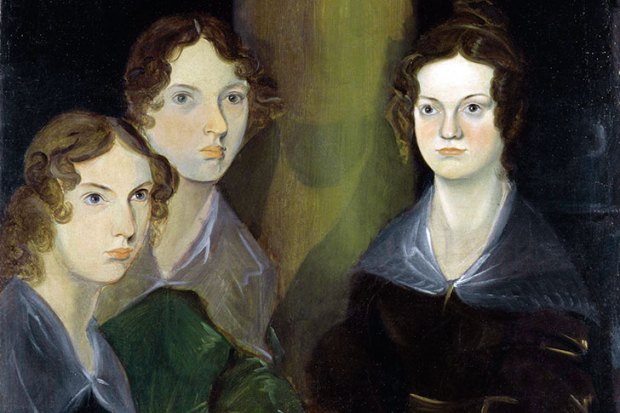Others goes straight to the head. Things start like this: with an article on a website called ‘Women and Film’, by someone called Meadow Mori. Meadow reveals that when she was fresh from her LA high school, she had an affair with a mountain-sized filmmaker, who ‘sounds like the voice of America’, and whose career was marked by genius and frustration. It is, of course, Orson Welles; but there’s more here than scrupulous cinematic referentiality.
Is Meadow’s relationship with the F is for Fake filmmaker a truth or an untruth? And if it’s an untruth, does that make it a lie? A lie of invention, a lie about yourself, should not be called a lie, she says in the essay. Perhaps it is a kind of wish-story. This is a serious matter for Meadow, who has made her name as a documentary- maker — a kind of female Errol Morris, blending recreations with interviews in ways that fracture truth-telling but also establish irrevocable narratives about her subjects.
Her friend and onetime collaborator Carrie Wexler, meanwhile, makes mainstream female-led comedies. If not for cinema, Carrie says in her own essay, she would have become a housewife who made her friends laugh on nights out: ‘That’s my audience, my people. But now they have something to watch at the movies.’
And Spiotta introduces a third woman, unknown at first to both Carrie and Meadow, engaged in her own particularly female kind of creation between fact and fiction. Jelly is a telephone hacker (‘phone phreak’) who has graduated from manipulating people and now calls famous men to seduce them by listening. Partially sighted, her pleasure is to see herself as the perfect woman she conjures in the imaginations of her victims or collaborators.
For Jelly, the body is the thing she escapes when she slips into the blips and wires of the phone network. For Meadow ‘a body is part of you, there is no getting round it’. Carrie wonders: ‘How much are we our bodies? And why is it so different for women?’ Coercion and corporeality are Spiotta’s themes, responsibility and redemption, the verbal and the visionary. In Jelly’s hands, the telephone becomes ‘a weapon of intimacy’, a description that does duty for Spiotta’s writing too. It is pure pleasure to submit to the exquisite force of her storytelling.
Got something to add? Join the discussion and comment below.
Get 10 issues for just $10
Subscribe to The Spectator Australia today for the next 10 magazine issues, plus full online access, for just $10.
You might disagree with half of it, but you’ll enjoy reading all of it. Try your first month for free, then just $2 a week for the remainder of your first year.














Comments
Don't miss out
Join the conversation with other Spectator Australia readers. Subscribe to leave a comment.
SUBSCRIBEAlready a subscriber? Log in